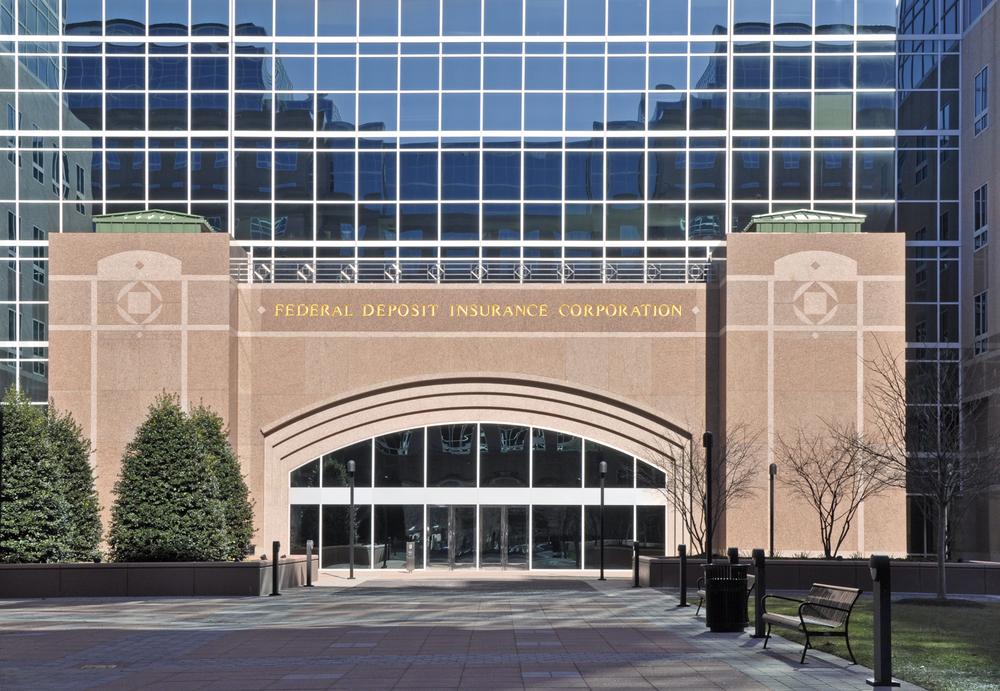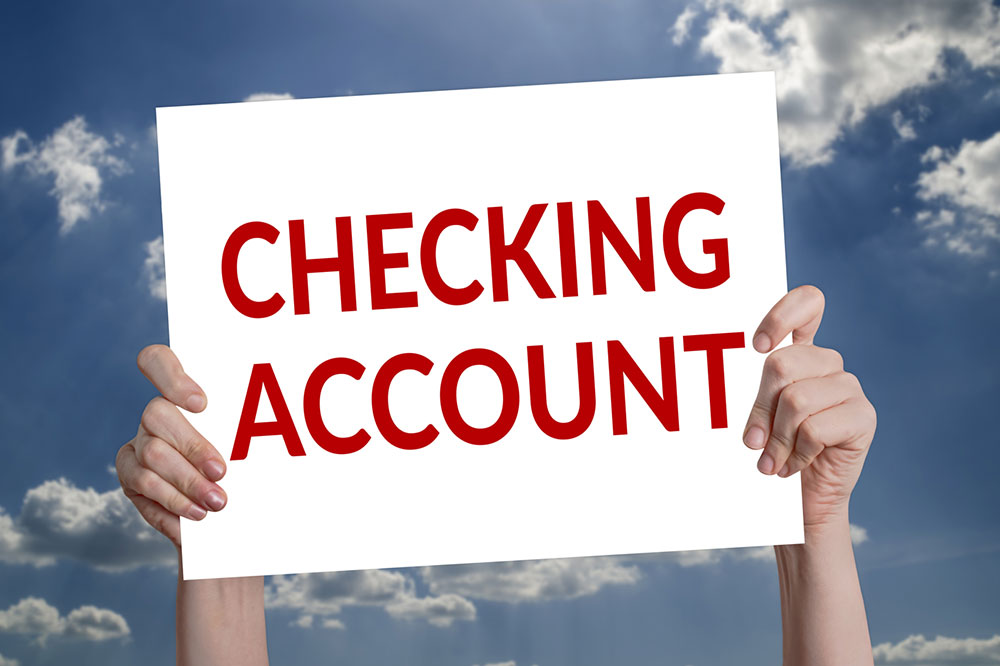A Comprehensive Guide to FDIC-Insured Banking Accounts
Learn everything about FDIC-insured accounts, their types, and how they protect your deposits in case of bank failure. This guide covers checking, savings, money market, and time deposit accounts, ensuring your funds are safeguarded by federal insurance since 1933.
Sponsored

Understanding FDIC-Insured Financial Accounts
The Federal Deposit Insurance Corporation (FDIC) is an independent agency of the U.S. government dedicated to safeguarding deposited funds in banks and savings institutions. It ensures that depositors' money is protected up to a specific limit, providing peace of mind. Credit unions, on the other hand, are protected by the National Credit Union Administration (NCUA). Since its inception in 1933, no depositor has lost insured funds through FDIC coverage.
Learn more about FDIC-insured accounts and how they operate to secure your finances.
What is an FDIC-Insured Account?
It's a bank account protected by FDIC insurance, shielding your deposits from bank failures.
FDIC collects funds from banks into the Deposit Insurance Fund (DIF). If a bank fails, the DIF covers deposit withdrawals up to insured limits, ensuring depositors do not lose their money.
Related reading: Tips to Avoid Unnecessary Banking Fees and Charges
How FDIC Oversight Works
Not all banks have FDIC coverage. Before insuring a bank, the FDIC assesses its financial stability, including capital adequacy, management quality, and future outlooks. Based on these factors, the bank is classified into a risk group, influencing its insurance premiums.
Types of FDIC-Insured Accounts include:
Checking Accounts
Used for daily transactions, these accounts facilitate deposits, bill payments, and ATM withdrawals. Most checking accounts are FDIC-protected.
Savings Accounts
Designed for savings, these accounts limit withdrawal frequency and offer fixed interest rates. FDIC insurance applies to most savings accounts across banks.
Money Market Accounts (MMA)
MMAs typically earn higher interest rates than regular savings accounts and often require higher minimum deposits. They are insured by the FDIC in most institutions.
Time Deposit Accounts (Certificates of Deposit)
These accounts lock funds for a fixed period, offering a predetermined interest rate. All reputable banks ensure FDIC coverage on CDs.
Stay informed about banking updates—like us on Facebook and follow us on Twitter for more investment insights.






